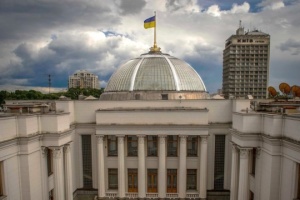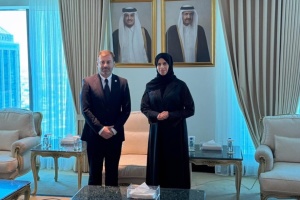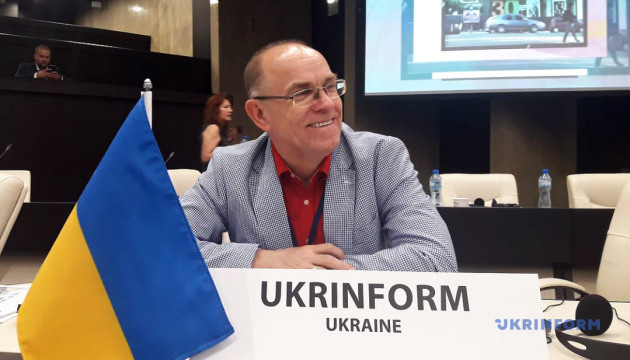
News laundering: How to stop corrupt practices in the media?
The sixth News Agencies World Congress (NAWC) under the motto "The Future of News" continues in the Bulgarian capital, Sofia.
The event is attended by delegations from more than 120 news agencies from around 90 countries. Ukrinform represents Ukraine at the forum. The forum's program includes four thematic sessions, in particular "Models of Media Ownership," "New Sources of Income," "Fake News" and "Artificial Intelligence." We offer you a speech delivered at the forum by Ukrinform's Director General Oleksandr Kharchenko regarding the fight against manipulation and fake news.
* * *
Today I would like to compare some of the threats that we as news agencies currently face to a simple and understandable phenomena. When we talk about all that disinformation, misinformation, fake news, clickbait and other challenges to our profession, it is difficult to not see all those trends as a kind of corruption. We perfectly know what corruption is when it comes to public finances: serving narrow private interests to seek financial gain at the expense of public good. Part of ordinary corrupt practices around the globe is money laundering. And before you start to think whether you've got to a media summit or an economic forum, I will make my point. News can be laundered just in the same way as money is. No doubt, information has become a resource which is not only as valuable as money, but oftentimes becomes even more valuable today. As dirty money can be legalized and laundered, the same way dirty news, disinformation, misinformation, propaganda, fake news and the rest can be laundered too.
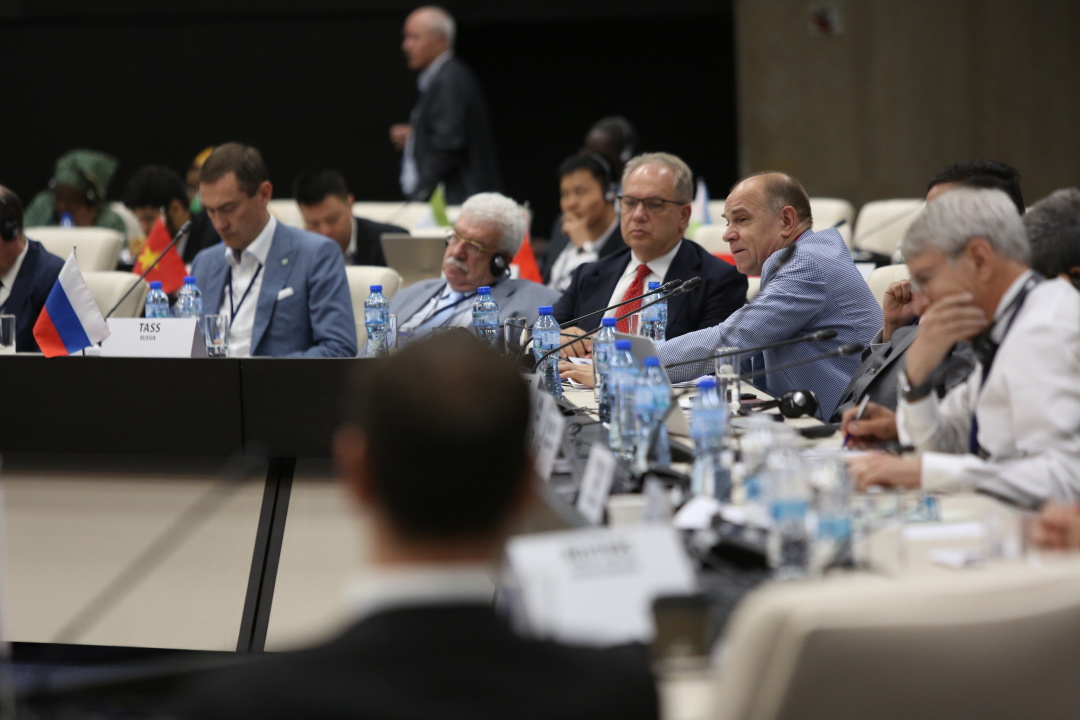
I will try to make a case today that the same way we around the globe recognize that money laundering is a crime, we should recognize that news laundering is a crime too. We need to take serious steps to tackle corruption in informational space and news laundering. Today I will propose some of those steps.
First of all, let's take a look at what news laundering is. There are too many actors out there who want to share their message, sway public opinion, influence minds. There is nothing malicious to it unless it comes to those who deliberately try to mislead, misinform or disinform. This can relate to state propaganda aiming to meddle in elections, subdue its enemy's public opinion, recruit fighters, but also business competitors trying to win over each other and so on.
It is obvious that the more reputable a medium for delivering those efforts is, the more effective will those actions be. A story posted on an unknown blog, doubtful media or social media platform wins much less trust than the one published by a reputable media. However, there are ways to push information from margins to mainstream. For example, if we talk about Russian propaganda, it frequently uses the following scheme. Realizing that a certain story will be put in doubt of published in Russian media, it seeks for ways to publish it in Western media, even if not the most reputable ones. One such example is a story of the so-called "Georgian snipers shooting on Euromaidan." The story struggled to prove that massacre on Maidan was a false-flag operation, and it was not the police shooting at protestors, but rather some mysterious foreign snipers who covertly shot them down (despite overwhelming number of proof of the opposite). Authors created a documentary film, where they hired actors to sit in front of the camera and confess as if they are those Georgian snipers and they received orders to shoot at protestors to provoke bloodshed. Of course, later the story was found to be made up.
It is illustrative, that this fake investigation originated not from a Russian media source, but from an Italian newspaper, having been produced by a Kremlin-leaning author with ties to Italian radical right movements. The story was quite soon proven fake by a number of Western media outlets, but it got its way. Instead of being tied to the Russian government were it most likely originated, it got labeled as "Italian journalists proved that..." Certainly this is a way to raise legitimacy and, so to say, launder news.
Many other examples around the world show how all types of conspiracy theories, misinformation and disinformation pave their way from unknown social media users to mainstream media. This has also been the case with some critics of U.S. President Donald Trump. A study by American VOX has perfectly illustrated how unverified, sloppy theories can amplify in social media bubbles, feeding online-tribes of supporters and eventually making their way into mainstream media. Long story short: when Donald Trump became president there were quite many critics of him on Twitter. A few profiles were especially popular, posting many conspiracy theories on Trump's alleged ties with Russians and getting thousands of shares. They were not journalists, but an ex-deputy of a British parliament, and ex-special agent and a photographer. With their popularity growing, their information got wider outreach. At some point they became so visible that The New York Times gave platform to one of them - an online persona, Louise Mensch, to write an op-ed. Despite her more than doubtful background and a long story of sharing unverified theories on Trump-Russia scandal, Mensch got a tribune in the highly reputable newspaper, therefore legitimizing her theories.
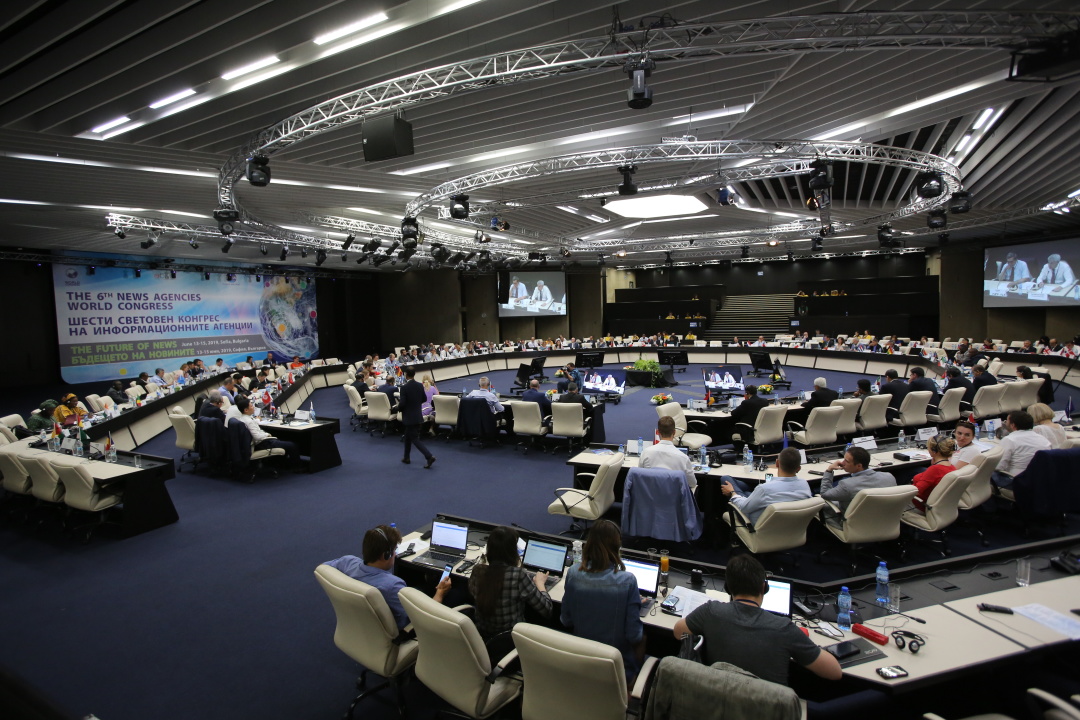
We have just listed a few examples of how unverified, misleading narratives and stories make their way into mainstream media and get laundered: they no longer belong to a foreign government with malicious aims, neither they are kept to closed online clubs of conspiracy theorists - they get published in "reputable," big media.
What has made this sad state of affairs possible and which steps should we immediately take to lower the damage of news laundering to our media ecosystems? How can we stop these corrupt practices?
First and foremost, we believe that there needs to be created a system, national or international, of media reputation ratings. Not only should such a system be created, but also it should be visible to a user surfing through the streams of links online. In Ukraine, for example, we have a highly authoritative Institute of Mass Information, a media watchdog which monitors on a regular basis various outlets and examines how many misleading, fake or pre-paid stories they posted. Then it publishes ratings. We are proud to be amongst leaders of that rating with zero false, unbalanced, fake or misleading news pieces.
But regardless of how much we care for our reputation, we have to compete for attention of readers in the same environment with those who couldn't care less. We think that a reader has a right to know - and immediately see - where the information comes from. Not many consumers of news would consciously visit ratings and check which media can be trusted or not. They simply get a link from their newsfeed in Facebook or Twitter, follow it without paying much attention at the name of the website or media and read whatever nonsense is there (the more shocking that nonsense would be the more chances it has to be spread as wide as possible).
This situation differs a lot from those "good old" prehistoric times when there was no Internet. Back then, a consumer had to vote which media he/she trusts or not - by simply buying a newspaper, choosing a TV channel, turning on a certain radio wave. One would consider choices when spending money, right? With internet, the choice is taken away from consumers. All you have to do is swipe up your news feed: the platform knows what you prefer, and it knows better than you. Today surveys show that, by month, more and more people in various countries get their news from social media. It is free, you don't have to choose anything, you just get links from whatever your friends and those you follow shared and posted. It is extremely easy to launder news in such a messy environment. We currently have not only offshores and loopholes for malicious, misleading, fake stories to leak to the front of our eyes (stealing our attention), but also close to no regulation. We firmly believe that letting governments regulate Internet is not the best idea unless we wish to see a technocratic totalitarianism. However, we need to create self-regulation and ratings system which would be fair and serve the public's best interest, implement the public's right to be informed: not only with news, but also with understanding where they come from.
We need to create authoritative ratings of media based on their reputation and past record and find way to indicate ranks visually just in the news feeds of social media. This would also motivate various outlets to care for their reputation. This would make cost of mistakes higher as well as responsibility. This would certainly add a lot to transparency. And as we perfectly know, transparency and informed public are two best ways to tackle corruption, be it money laundering or news laundering. Today, we really don't know which of two are worse.
As the battle for attention is ongoing and as the volumes of information become bigger, the more tense the competition becomes.
Oleksandr Kharchenko, Sofia


